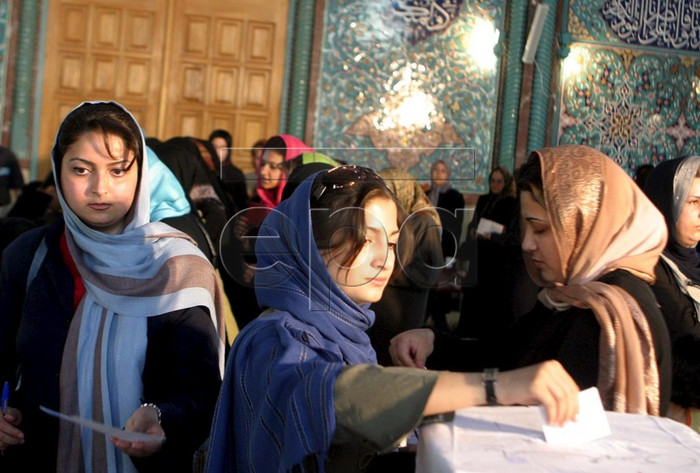Continuing Rhonda Copeland Mission
WLUML’s Constitutionalizing Women’s Rights program aims to develop understandings of justice that will improve women’s lived realities and respect their rights. Working with activists and legal scholars, the program seeks to encourage and amplify feminist constitutional reform initiatives in Muslim-majority countries.
Constitutions have the potential to play a significant role in processes of change, both by way of their symbolic resonance, but also by entrenching basic rights and thus offering real avenues for contestations of power. Constitutions have a special status within the legal order: they are the supreme law and as such take precedence over ordinary legislation. Constitutions are also about power – laying out its distribution, exercise and limits, imposing obligations as well as granting rights. Involvement and inclusion in constitutional politics gives women more power to unsettle long-standing patriarchal hierarchies in the constitutional order. Of particular note, their involvement in decision making about the design of constitutional structures of power allows them the opportunity to reshape those structures — for women, but also for other marginalized groups in society.
As a number of Muslim-majority countries are currently going through political upheaval and transition, this program aims to support local feminist legal advocacy by co-developing and sharing knowledge on best practices to embed women’s rights, status and gender equality in the course of constitutional reform. As such, the program will highlight how constitutions are shaped and re-shaped by women’s rights advocates across Muslim contexts, with a focus on Afghanistan, Iran, India, Sudan and Egypt. The program further aims to raise awareness on how women’s inequality and subordination are constructed and framed in law, and to reveal the ideological presuppositions of that inequality while understanding how differently situated women may be so by virtue of other important aspects of their identity.


